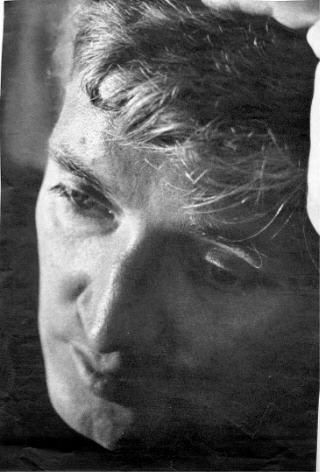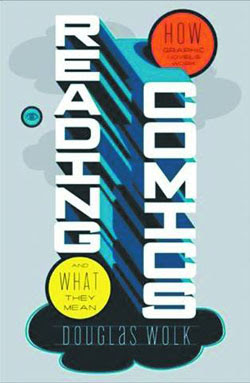Over the past couple of years, I’ve been fascinated by the ascension of TED as a media brand. TED began in 1984, and for the longest time was an exclusive confab for the smarterati, overseen by its host, curator, and Buddha-figure, Richard Saul Wurman. Since 2003, TED has been run by Chris Anderson, who made his fortune as the head of Imagine Publishing, which published titles like Macaddict, CD-ROM today, PC Gamer, Next Generation, and a host of other computer magazines.
In June 2006, TED did something that would alter its standing forever — it began TEDTalks, a podcast of presentations from TED. (And much credit for TEDTalks goes to my pal June Cohen, whom I’ve known since she wrote about cool sites for Hotwired.) Many people were skeptical — here’s a conference that, in 2007, was going to cost $6000 to attend, and you were giving away the content?
Well, suffice to say that such a giveaway made the conference itself all the more desirable, because people realized what they were missing.
But more importantly, it turned TED from being just a conference into a media brand. People all over the world began watching the videos, and spreading them around. Some of the talks have been viewed millions of times. This has allowed TED to bring on sponsors (initially BMW, then Autodesk) who, I’m pretty sure, underwrite the whole online venture. It’s gotten so that TEDTalks now features presentations from similar events (such as eg and Lift) so that they can keep their pipeline full.
One of the genius elements of TED is the 18-minute limit on talk length. It turns out that 18 minutes isn’t just great for the audience in the room, but it’s a nearly ideal length for a video podcast. (I would argue that the number of people willing to watch an 18 minute talk is an order of magnitude larger than those willing to watch a 45 or 60 minute talk).
So, TED has become a new new media brand. It recognized that what the conference supplied was content that could be leveraged in other ways. What’s been interesting to me is to see how other media brand are adapting. Most notable is The New Yorker, which in the past few years has began its own conference series, which is quite expensive to attend, and has it’s own podcast (iTunes).
Smart media companies are realizing they have to go identify new ways to engage with their audiences, whether its podcasts, conferences, etc. The New Yorker was famously a break-even (if that) publication… I would bet that the conferences bring in higher profits than the print publication. (The scuttlebutt on O’Reilly is that their conferences are now the cash cow, which makes sense, as no one goes into book publishing to make money).
This has become a somewhat haggard and not really tied together post, I realize. What am I saying, in short? If you can, start a conference. If you have a conference, *give away the presentations*. You’ll receive immense value through the associations your content offers, and desire of people to connect in real-time and real-space.

 This weekend I devoured
This weekend I devoured 